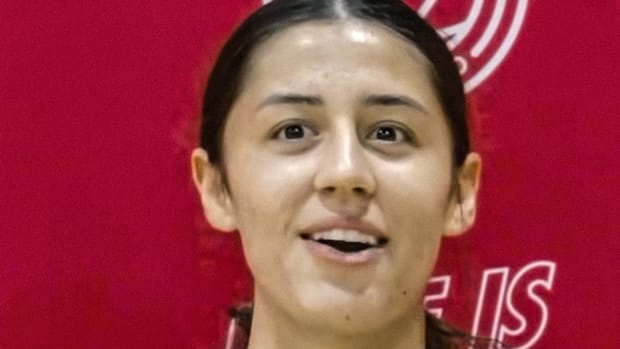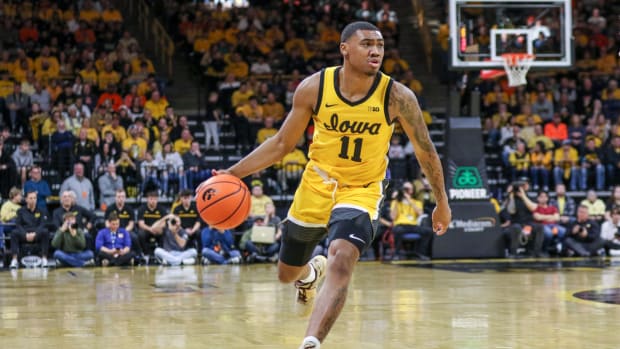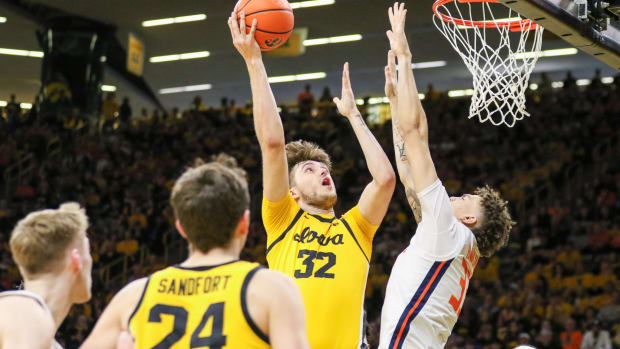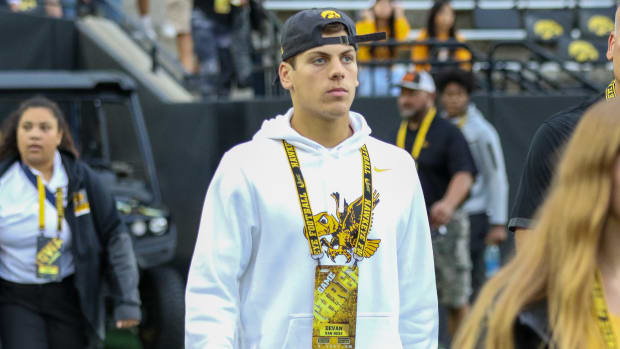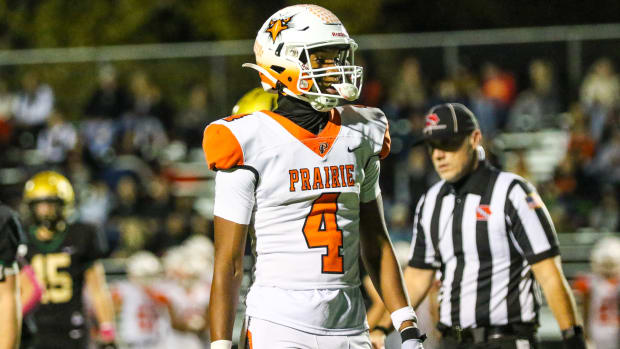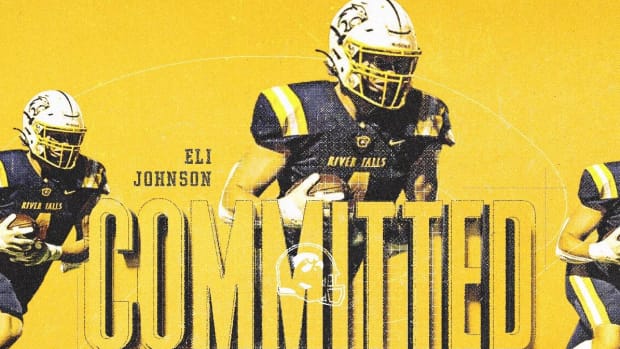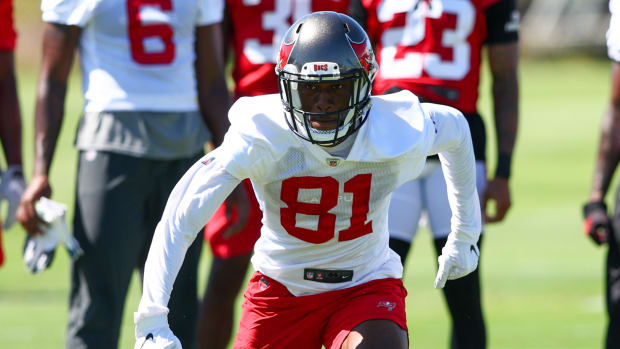Iowa Reports Nine More Positive COVID-19 Tests
Iowa's athletic department reported nine more positive COVID-19 tests as testing continues with the return of athletes and staff to campus.
The department conducted 40 tests during the week of June 15-21 as part of the return protocol. Iowa has reported 12 positive tests and 374 negative tests since testing began May 29.
The university, in releasing a statement on Monday, did not identify whether those who tested positive were athletes, coaches or staff.
“While we have experienced an increase in positive tests, almost all are related to individuals who had been in quarantine due to our contact tracing and developed symptoms,” said Dr. Andrew Peterson, an associate professor and head team physician at Iowa. “Our overall process, including testing and daily health screening, is working as expected."
The protocol includes contact tracing procedures, isolation for the individuals who test positive, and quarantine for those who might have been exposed to someone with the virus.
Iowa's returning football players were back on campus for the beginning of voluntary workouts on June 8. Incoming football players, as well as men's and women's basketball players, began voluntary workouts June 15.
Iowa athletics director Gary Barta said in a video conference with the media last month that it was likely that there would be athletes, coaches or staff who would test positive for the virus.
"It's not a matter of if someone gets the virus," Barta said. "It's a matter of when. And the answer is ... and please, I’ll present this in a way, and when it comes out, I hope it comes out the right way … if one person were to get sick, and we were to shut down, we might as well not open up.
“And let me just explain myself. We expect that there will be students on this campus, there will be staff on this campus, who will get the virus. We will have medical plans on the treatment of those students, or those faculty (members), or those staff, just like the community has. And we will manage it with contact tracing, making sure that we’re aware of where that person was, and then going through a protocol to return. That’s the way it’s going to be approached — not if, but when someone gets the virus, student or staff, having a plan in place.”
